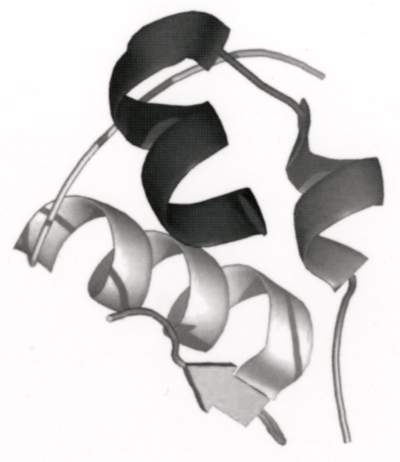In binding to receptors on the cell membrane, insulin triggers an array of events through which the body maintains proper energy levels as well as cell growth and proliferation. In the last few years, several insulin signaling mechanisms have been elucidated and shown to involve the sequential activation of enzymes known as protein kinase cascades. Each kinase cascade can be compared to an individual communication line within cells.
Signals are transmitted through the transfer of a phosphate group from one kinase to the next in a specific order, eventually activating an enzyme that initiates a given cellular process. In many of these kinase cascades, the transmission of signals is initiated by insulin; together, these cascades govern all insulin-dependent cellular processes. However, all the communication lines activated by insulin have not as yet been elucidated, including those that participate in regulating the rates of protein synthesis and blood glucose levels.
Prof. Rony Seger of the Biological Regulation Department is working to identify the array of insulin-activated protein kinases. His preliminary results indicate that the stimulation of cells with insulin activates some well-known, as well as some previously unknown, communication lines. Seger is also studying the way in which signals are transmitted from the kinase cascades within the cell to the cell nucleus, where they trigger the activity of genes. The goal is to map the complete pathway of insulin signal transmission in the cell - knowledge that may eventually lead to drugs that would overcome malfunctions in the body’s absorption of glucose.






















